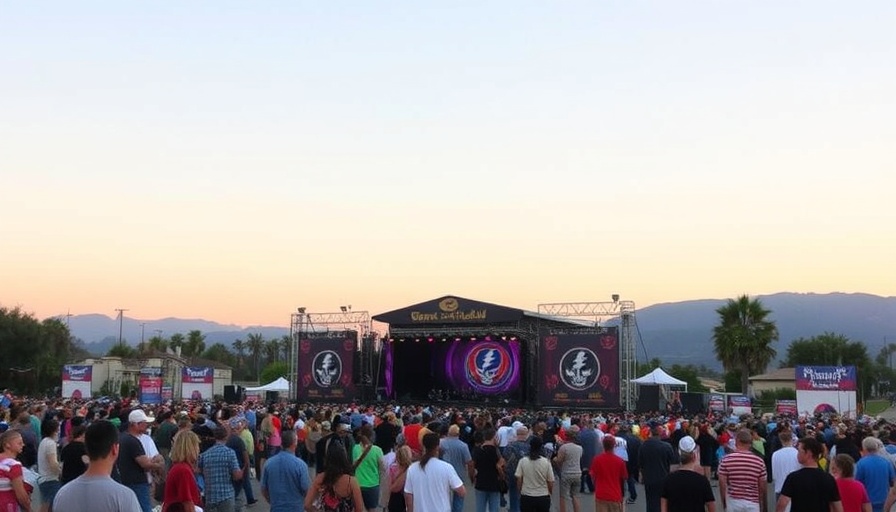
Federal Troops Arrive Amidst Tension in Los Angeles
In the wake of growing protests over federal immigration raids, Los Angeles has become a significant focal point of national attention as approximately 200 Marines are now stationed in the city. This deployment comes as part of an effort to bolster security for federal properties and personnel, according to Maj. Gen. Scott Sherman, the commander of Task Force 51, which oversees 4,700 troops currently deployed in the area.
The Role of Marines and National Guard
The Marines, recently trained in handling civil disturbances, will replace soldiers previously tasked with safeguarding a federal building west of downtown Los Angeles. This move is strategic, allowing more National Guard members to be redirected towards operational support for federal agents, particularly in the context of heightened immigration enforcement.
Maj. Gen. Sherman was clear about the intention of this military presence: "We will not be detaining anyone. The soldiers will not participate in law enforcement activities. Rather, they’ll be focused on protecting federal law enforcement personnel." This statement is crucial in alleviating concerns from community members who fear the potential for military overreach into civilian affairs.
Judicial Challenges to National Guard Deployment
The backdrop to this sudden increase in military presence stems from a conflicting legal landscape. Just days prior to the Marines’ arrival, the 9th U.S. Circuit Court of Appeals temporarily blocked a ruling instructing President Trump to return control of National Guard troops to the state of California. This occurred after a federal judge deemed the deployment illegal, highlighting the complexities of military involvement in state matters, particularly regarding immigration enforcement.
Community Reactions: Mixed Feelings
The situation has led to mixed feelings among the residents of Los Angeles and the surrounding areas, including Bakersfield. Some community members express financial concerns about the immigration raids and increased law enforcement presence, while others feel relief that measures are being taken to protect federal employees amidst the protests.
Protests against federal immigration policies have seen thousands gather, voicing their opposition to raids perceived as detrimental to families and communities. These demonstrations underscore the community's desire for dialog and reform rather than militarized enforcement.
Future Implications for California
The arrival of the Marines, while primarily defensive in purpose, raises questions about the future direction of federal policies in California. As tensions mount, the state's relationship with federal authorities will continue to be tested, particularly if the protests swell again in response to enforcement actions.
The deployment is set against a backdrop of political maneuvering, with California's leaders poised to challenge federal policies that they deem overreaching. Future protests and court rulings will likely dictate the presence and role of federal troops in urban settings like Los Angeles.
Emphasizing the Importance of Community Response
The unfolding events illustrate the necessity of communities coming together, fostering discussions about immigration, law enforcement, and public policy. Youth-led initiatives and local grassroots organizations are vital in shifting narratives and advocating for compassionate immigration policies.
As residents of Bakersfield and the Los Angeles area assimilate this news, it is essential to engage in conversations that bridge understanding, integrating perspectives from various sides of the issues at hand. The arrival of federal troops could serve as a catalyst for a broader push for reform that prioritizes community needs and upholds human rights.
A Call to Action for Bakersfield Residents
As discussions about the role of military forces in civilian life heat up, it is more important than ever for residents of Bakersfield to engage constructively. Attend local forums, write to representatives, and be part of the dialogue that shapes your community. Advocate for policies that reflect compassion and understanding in immigration matters.
Stay informed, stay engaged, and let your voice be heard: a robust community discussion can guide the choices your local leaders make and influence the future of California's policies.
 Add Row
Add Row  Add
Add 



Write A Comment